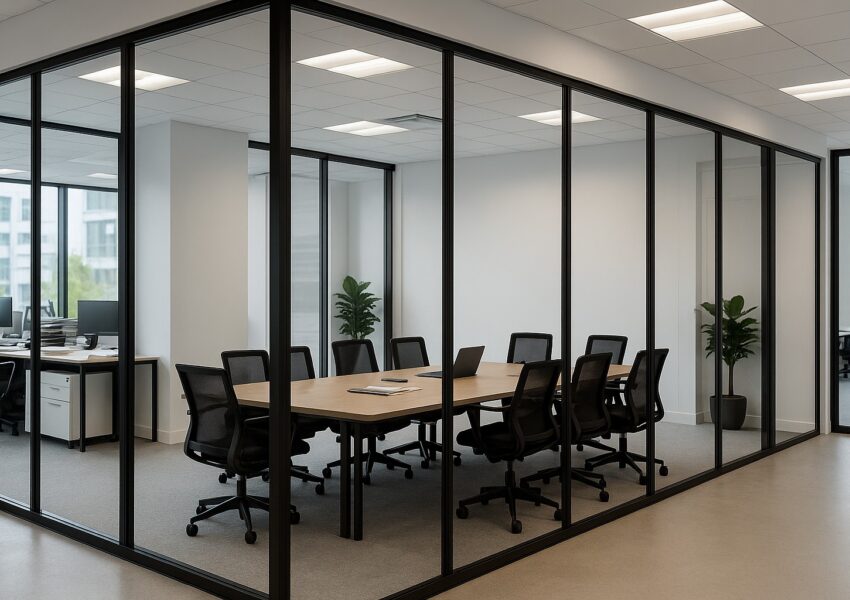It is impossible to overestimate the significance of having a backup power source in the modern world when a steady supply of energy is essential for both everyday life and commercial activities. When there is no electricity, a Generator (ขาย generator, which is the term in Thai) offers a dependable way to keep our lives and jobs running as smoothly as possible. A generator serves as a safety measure, keeping the lights on and appliances operating when the main power grid fails, whether as a result of natural catastrophes, system malfunctions, or maintenance tasks.
Let us delve into the essential role of a generator in routine living and business operations.
Emergency Backup
When there is a power outage, generators serve as an essential emergency backup, guaranteeing that essential items like refrigerators, medical equipment, and heating systems continue to function. By preventing food from spoiling, reducing the health hazards associated with equipment failure, and maintaining comfort through heating or cooling, this reliable power source offers crucial stability and safety during unplanned and perhaps protracted catastrophes.
Support For Remote Locations
Generators are an essential power source for residences and commercial buildings in isolated locations where grid electricity is unstable or nonexistent. They make it possible for people to live and work regularly without being hampered by frequent power outages that are typical in less accessible areas.
Construction Sites
Construction sites need the use of generators, particularly in places that are far from the major power supply. They supply the power required to run many different appliances, including lights, drills, and saws. By preventing work from being interrupted by remote or unstable power sources, this capacity guarantees uninterrupted work progress, preserving productivity and project timeframes.
Outdoor Events
Generators are essential for outdoor gatherings such as weddings, festivals, or business retreats. They frequently take place in areas without direct access to electricity. They ensure that every element of the event runs successfully by providing electricity to essential elements like lighting, sound, and catering equipment. This dependable power supply is essential to avoiding interruptions and making sure every event is profitable and unforgettable.
Business Continuity
A power outage can result in lower production and lost revenue for enterprises. Generators guarantee continuous operation, preserving the functionality of vital systems such as servers, computers, and communication technology. During power outages, this consistency is essential to reducing financial loss and preserving consumer confidence.
To Conclude
In addition to being convenient, generators play a vital role in maintaining comfort, safety, and productivity if the primary power source fails. They are priceless in both personal and professional contexts because of their capacity to deliver dependable power in a variety of situations.







